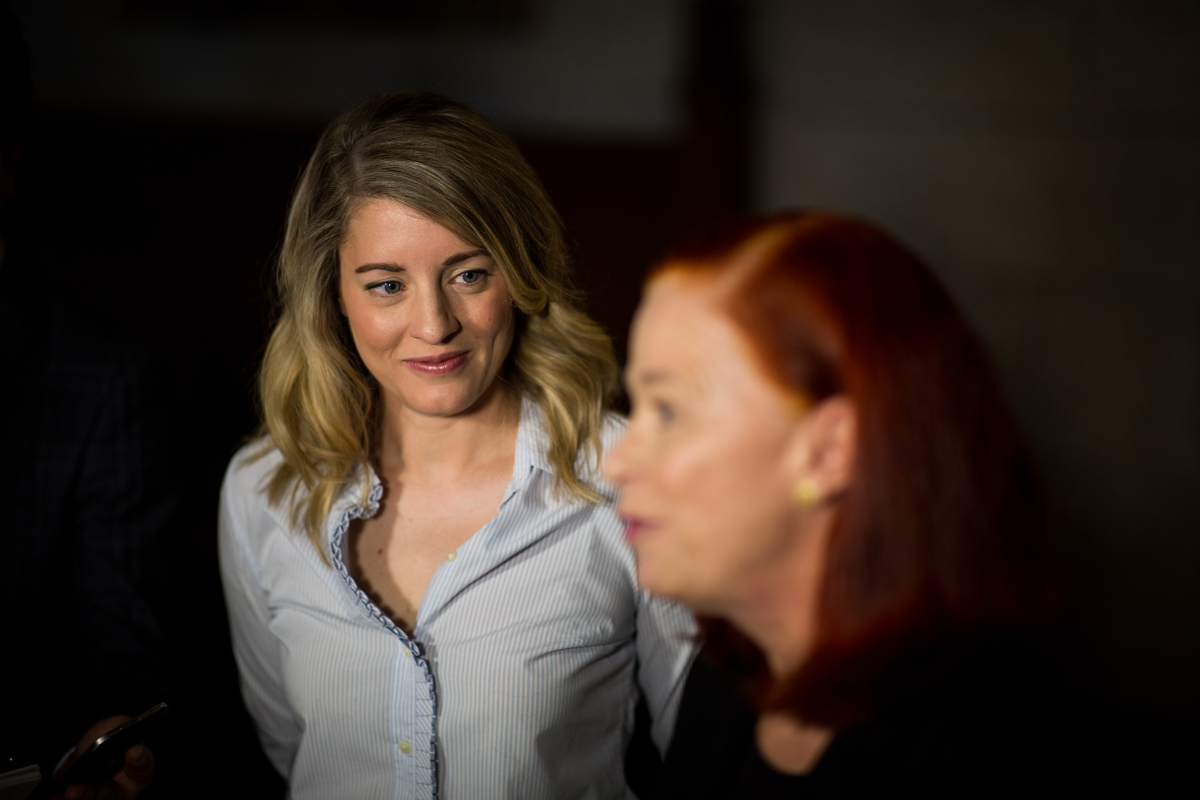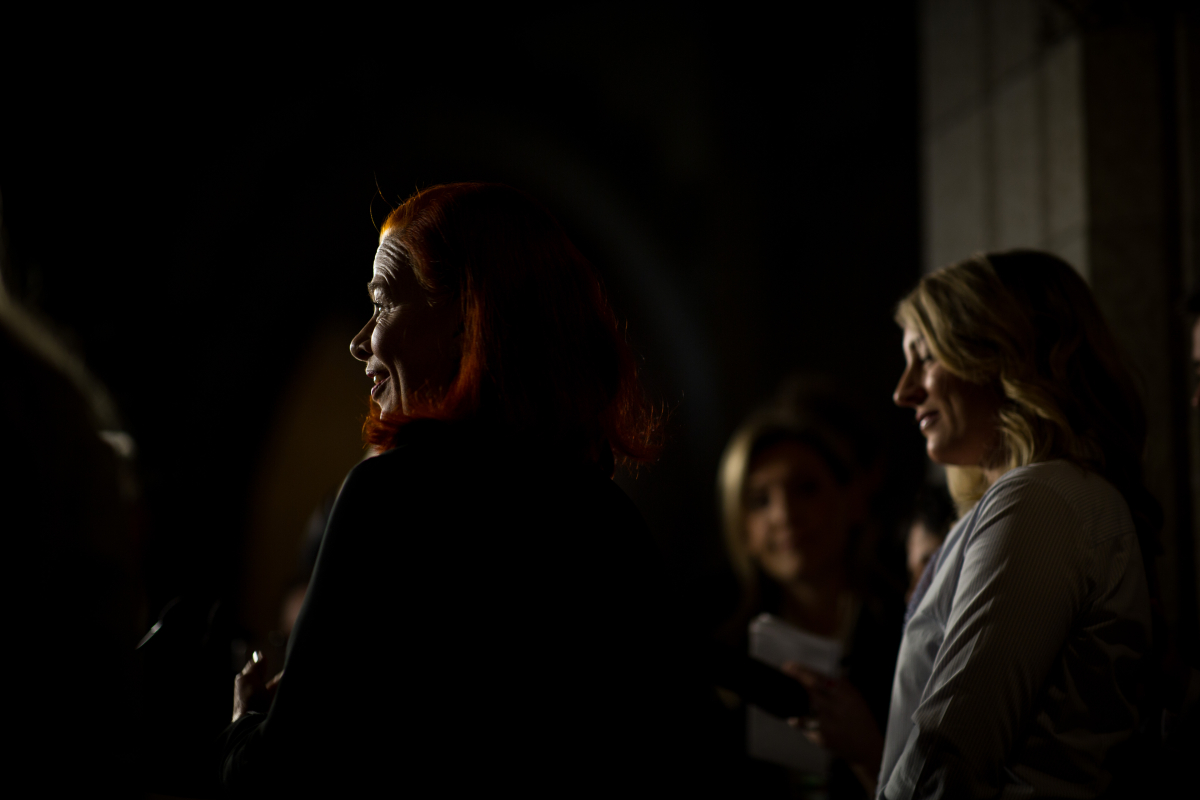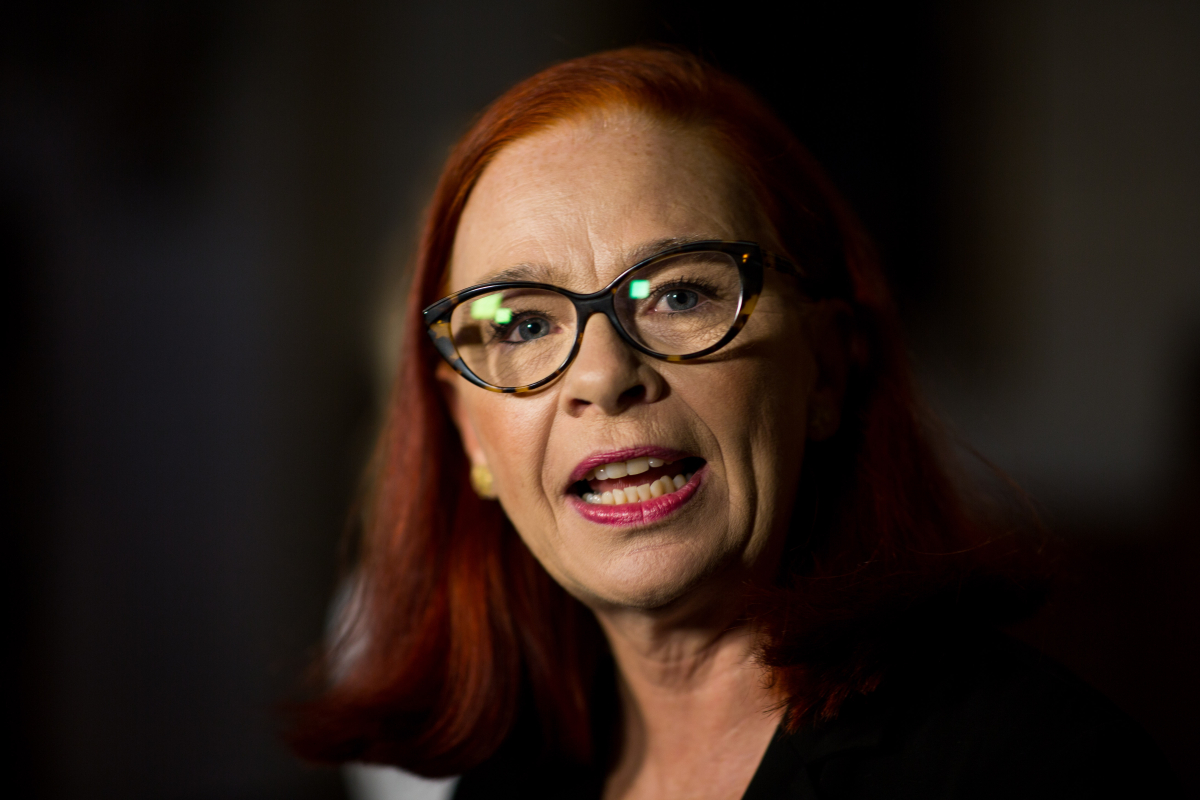Support strong Canadian climate journalism for 2025
The Trudeau government has recruited a film and television executive, Catherine Tait, to become the first woman to lead the country's public broadcaster, the CBC/Radio-Canada.
Canadian Heritage Minister Mélanie Joly introduced Tait at a news conference on Tuesday, outside of the House of Commons in Ottawa, calling it a "historic day" for the network.
“I am honoured to announce this significant milestone for our national broadcaster," Joly said. "With the appointment of Ms. Tait as president/CEO, we benefit from her depth of experience as an entrepreneur, business leader and lifelong champion for Canadian content. She is without question the right person for the job. I am excited for the energy, vision and leadership she will bring while she is at the helm of CBC/Radio-Canada.”

Tait talked about creating quality content to reach audiences across the country, saying she wanted to focus on creating local content and hits such as "Murdoch Mysteries."
"CBC/Radio-Canada, along with public broadcasters around the world, are under significant competitive pressure," she said.
"In order for public broadcasters to survive and to flourish, we must flourish on the services news and programming that most connect with our public, not just as one audience, but as many audiences. This is after all the power of digital."
Tait didn't provide many details of the changes she hopes to see at the public broadcaster, saying she wanted to take some time to talk with outgoing president Hubert Lacroix and other executives. She also cited changes in the digital industry as a major challenge, while noting that "fake news" was a commonly-used term.
The CBC suffered through a decade of cuts, during the years when former prime minister Stephen Harper was in power, but Prime Minister Justin Trudeau's government reinvested in the public broadcaster, restoring funding that was cut by announcing $675 million in new investments over five years, starting in 2016. Overall, the CBC receives over $1 billion in public funding.
The Trudeau government also launched an overhaul last year of how members of the board of directors are chosen — a response to complaints that the selection process was open to political interference and did not reflect Canada's diversity.

Joly also announced a new chairman of the board and three directors that were selected by a non-partisan advisory committee for a five-year mandate. Michael Goldbloom, the former publisher of The Montreal Gazette, will become the new chairman. Suzanne Guèvremont, Guillaume Aniorté, and Sandra B. Singh will also join the board.
Tait, 60, has worked in the film and television business in Canada and the United States for more than 30 years, including time at Telefilm Canada and as a former president of Salter Street Films, which produced a CBC mainstay, "This Hour Has 22 Minutes."
People who have worked with Tait say she has a deep understanding of the domestic and international industry and describe her being unafraid to take risks.
She lives in New York and is currently president of Duopoly, a company that produces digital, television and film content.

with files from The Canadian Press





Comments
Who writes your headlines. Shame on you. Is that the biggest issue, that she is a woman?!???!? That is so frustrating. Why not headline like you would a man - which would not be "23rd president who is a man". She must have done SOMETHING to deserve the call. dam!